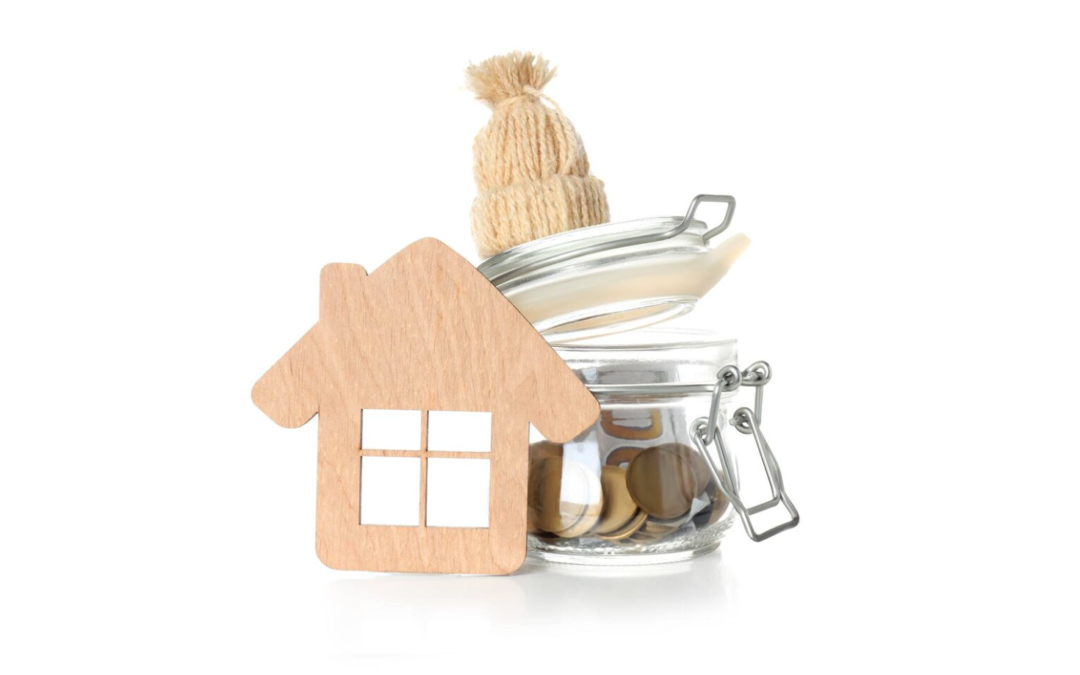Purchasing property as an investor can be a very different experience than purchasing a home for oneself. This means learning to look at properties solely through a financial lens, as well as learning to detach yourself emotionally. Take lessons from the following suggestions:
Determine your funding source: Lenders usually require a larger down payment for investment properties and have stricter lending requirements than a traditional homebuyer. Investors may avoid having to go through a lender by obtaining financing from a private or hard money lender.
Calculate your operating expenses: Investors should always expect to pay monthly expenses that will deduct from any income generated by a particular property. This includes mortgage payments, insurance, maintenance, and dealing with any unexpected issues that arise. Estimate your operating expenses and thus your net operating income as precisely as possible before deciding whether the investment is worthwhile.
Estimate your rate of return: In addition to determining your operating expenses, the rate of return is a good indicator of whether or not your investment is worthwhile. What will you get in return for every dollar you put in? Because there are other factors to consider, such as appreciation, determining what rate of return is worthwhile is a personal decision.
Invest in a low-cost property: A low-cost property will result in a healthy bottom line. Investors should always pay for a professional inspection to get a sense of the property’s quality and condition, and to ensure that the property will not turn out to be a financial black hole rather than a money maker.
Feel free to call me at 503-7013-4699 or email me at sbfreedom@gmail.com if you want to know the best approach to buying or selling a home at this time and we can run some numbers.


Recent Comments